IPCC New Report Calls for Strong and Immediate Action to Limit Irreversible Climate Change Effects
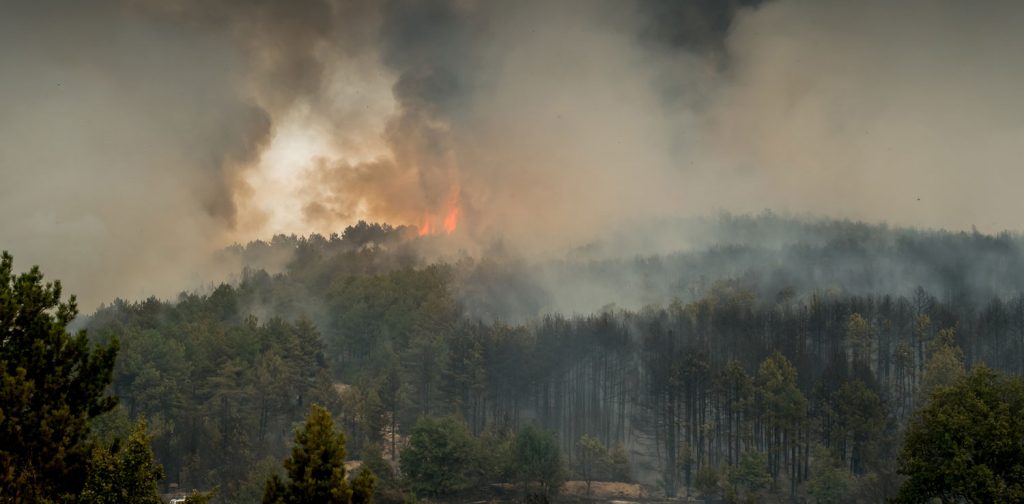
Photo by Nikolai Khondev
Climate change effects are intensifying. The effects of global warming can now be felt and experienced directly by humans worldwide.
IPCC Report
On August 9, 2021, the Intergovernmental Panel on Climate Change (IPCC) released a report prepared by 234 scientists from 66 countries. This report combines multiple lines of evidence from paleoclimate, observations, process understanding, and global and regional climate simulations.
Climate Change 2021: the Physical Science Basis is a report by Working Group I. It is the first installment of three reports that make up the IPCC’s Sixth Assessment Report (AR6), which will be completed in the second half of 2022.
The IPCC is the UN body established in 1988 for assessing the science related to climate change. IPCC assessments provide political leaders and governments with periodic scientific information to develop regional and international climate policies.
Human Activities to Climate Change Effects
The latest IPCC report reveals that greenhouse gas emissions from human activities are responsible for approximately 1.1°C of warming between 1850-1900. Temperatures in the most recent decade (2011-2020) were higher than ever. With this trajectory, global temperature is expected to reach or even exceed 1.5°C of heating in the next 20 years.
Human activities affect all major climate system components, the report shows. The effects can be observed through the increasing frequency and intensity of heatwaves, floods, drought, and cyclones; ocean warming, acidification, and reduced oxygen levels; the reduction of summer Arctic Sea ice, glaciers, snow covers, and permafrost; and sea-level rise that can cause coastal erosion and flooding in coastal cities.
Stabilizing the Future
From the IPCC report, it is clear that unless there are immediate and large-scale reductions in greenhouse gas emissions, the damage will be irreversible. The 2015 Paris Agreement’s goal to limit global warming to 1.5°C or even 2°C will be impossible.
“Stabilizing the climate will require strong, rapid, and sustained reductions in greenhouse gas emissions and reaching net-zero CO2 emissions. Limiting other greenhouse gases and air pollutants, especially methane, could have benefits both for health and the climate,” said IPCC Working Group I Co-Chair, Panmao Zhai.
These efforts may show positive results in the air quality quickly. However, it could still take 20-30 years for global temperatures to stabilize.
The latest Sixth Assessment Report (AR6) provides a detailed regional assessment of climate change. It can be explored in the newly developed Interactive Atlas. The regional assessment includes risk assessments, adaptations, and other decision-making tools. It also provides a new framework that helps translate physical changes in the climate into what they mean for society and ecosystems.
The UN Secretary-General António Guterres said, “inclusive and green economies, prosperity, cleaner air, and better health are possible for all if we respond to this crisis with solidarity and courage.”
Editor: Marlis Afridah

Co-create positive impact for people and the planet.
Amidst today’s increasingly complex global challenges, equipping yourself, team, and communities with interdisciplinary and cross-sectoral insights on sustainability-related issues and sustainable development is no longer optional — it is a strategic necessity to stay ahead and stay relevant.

Nazalea Kusuma
Naz is the Manager of International Digital Publications at Green Network Asia. She is an experienced and passionate writer, editor, proofreader, translator, and creative designer with over a decade of portfolio. Her history of living in multiple areas across Southeast Asia and studying Urban and Regional Planning exposed her to diverse peoples and cultures, enriching her perspectives and sharpening her intersectionality mindset in her storytelling and advocacy on sustainability-related issues and sustainable development.


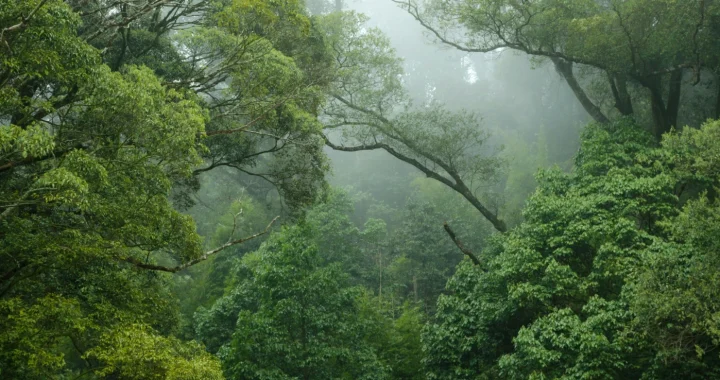 Global Shifts in Forest Dynamics and Their Impact on Biodiversity and Resilience
Global Shifts in Forest Dynamics and Their Impact on Biodiversity and Resilience 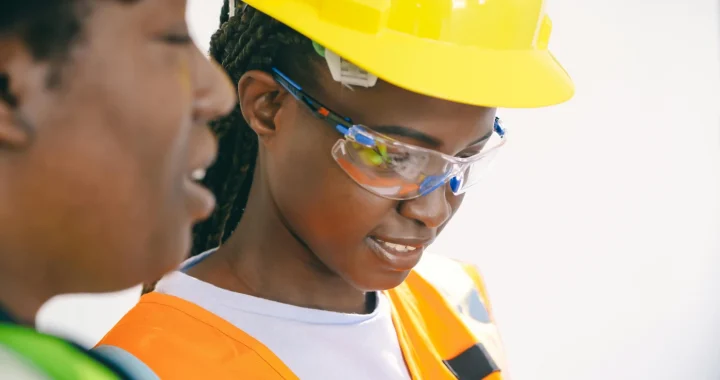 Trends and Gaps for Women in STEM
Trends and Gaps for Women in STEM 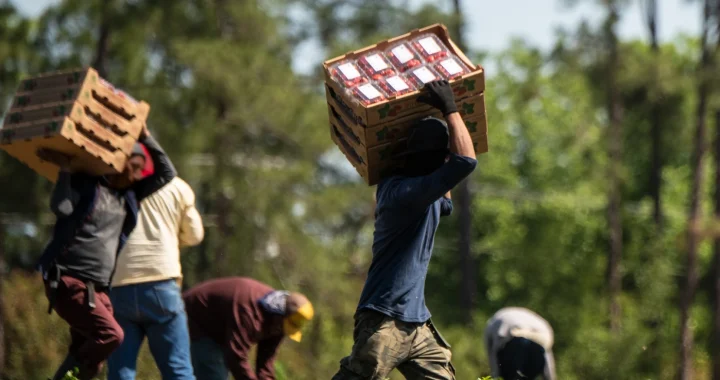 Addressing the Harsh Reality of Temporary Labor Migration Programs
Addressing the Harsh Reality of Temporary Labor Migration Programs 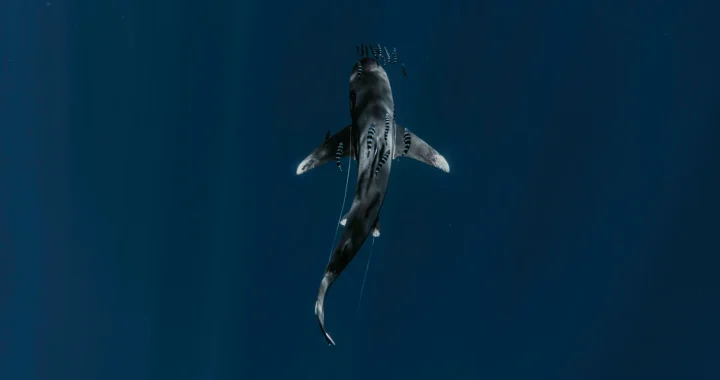 Mapping Conservation Needs for Sharks and Rays Globally
Mapping Conservation Needs for Sharks and Rays Globally  Hamdan bin Zayed Initiative: Abu Dhabi’s Path to Achieve the World’s Richest Seas
Hamdan bin Zayed Initiative: Abu Dhabi’s Path to Achieve the World’s Richest Seas 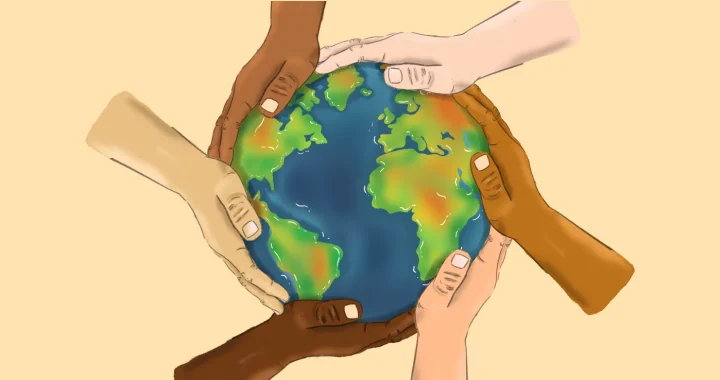 How Human Behaviour Becomes the Real Engine of Sustainability Action
How Human Behaviour Becomes the Real Engine of Sustainability Action